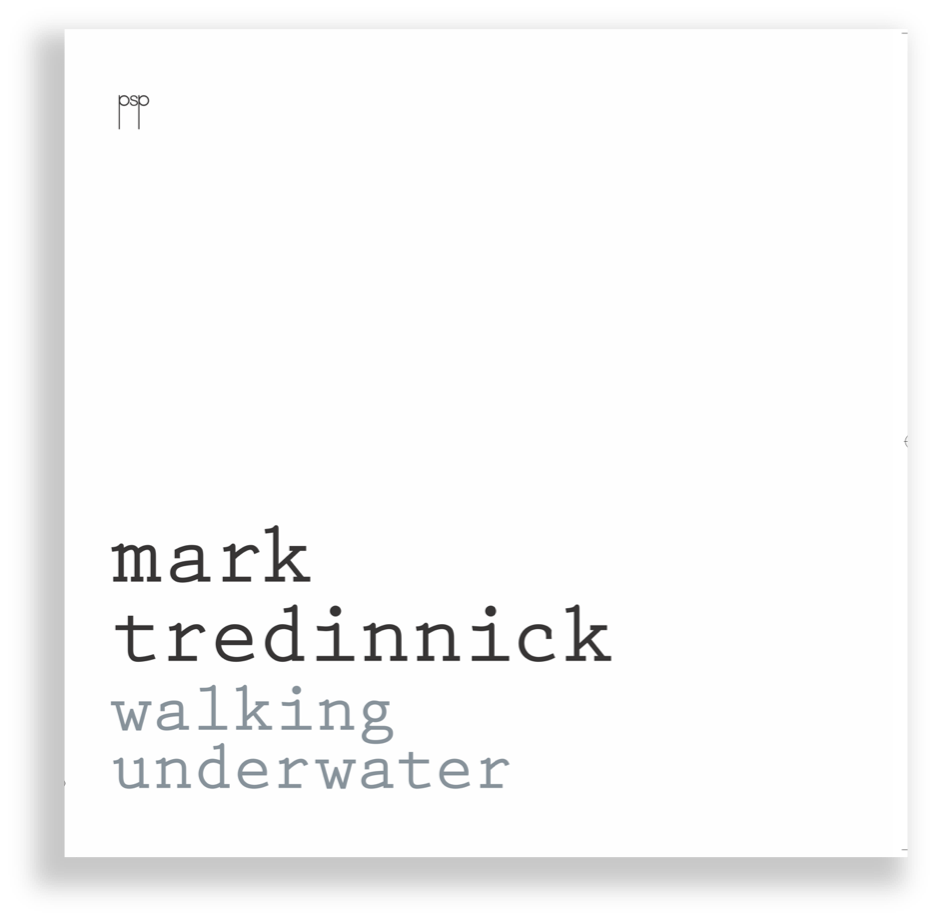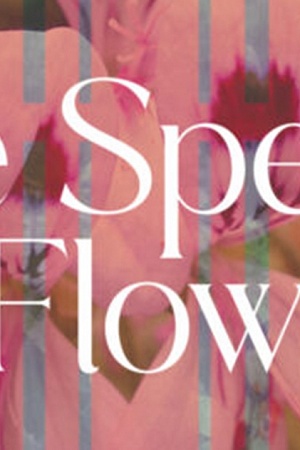Walking Underwater
Pitt Street Poetry, $35 pb, 193 pp
'An elephant is not logical'
Mark Tredinnick’s latest collection of poetry, Walking Underwater, continues his exploration of the relationship between individual experience and the natural world that was visible in volumes such as A Gathered Distance (2020), Blue Wren Cantos (2013), and Fire Diary (2010). Tredinnick is well known for his writing of place, notably his innovative local history-cum-memoir The Blue Plateau (2009), a book that traces the lives, histories, and natural systems of the Blue Mountains, where he lives. His writing in both poetry and prose is noticeably belletristic, and his stance broadly romantic. This occasionally droops into piety, but Tredinnick also conjures moments of muted and moving transcendence: ‘A balcony and a morning and a lassitude / Of fog. A sky blindfolded and bound and flogged; a night-time’s / Pleasure only halfway spent. Awake early, I hear a band / Of correllas come. Chaste bandits, their flight a quiet riot, a lewd and holy throng / Of unhinged song.’
Where some poets of the Anthropocene have sought to desubjectify their writing – albeit with mixed results – the lyric ‘I’ in Tredinnick’s poems retains a seemingly permanent and unapologetic grandeur. Even the cross-cultural moments – the invocations of Rumi, the engagements with Chinese poetry – seem to belong to an older, simpler era. There is something quite unfashionable in Tredinnick’s Lawrentian affirmations and finely tuned grief. In a cynical age, this appears as a kind of affective primitivism, where emotions can join images without dissonance. What accomplishes this magic? It all, in the end, seems to somehow rest in the bardic mystique of the poem’s ‘I’. This ‘I’ is the vanishing point of every poem, wherein catastrophe is exchanged for shimmering sentiment. And yet, can we not also say that this is wisdom?
Tredinnick’s nature poems often take the form of odes, and it is interesting to see how in the current epoch it is the animals we are causing to disappear that have become our Nightingales and Grecian Urns. In other words, the objects that open us to what lies beyond everyday experience. The poem ‘Tusk’, from near the beginning of Walking Underwater, eulogises the elephant, lamenting its fate. It playfully rehearses everything that the elephant can stand for but – as it disappears from savannahs and jungles – can no longer instantiate:
An elephant is not a logical
Proposition. Our skins too big for us,
Our bodies the kind of mess love makes of
Sense, our bellies too big to fill with thoughts
Alone, too small to let us moving
Long, to let us ever stop praying up
Mud.
Continue reading for only $10 per month. Subscribe and gain full access to Australian Book Review. Already a subscriber? Sign in. If you need assistance, feel free to contact us.
















Leave a comment
If you are an ABR subscriber, you will need to sign in to post a comment.
If you have forgotten your sign in details, or if you receive an error message when trying to submit your comment, please email your comment (and the name of the article to which it relates) to ABR Comments. We will review your comment and, subject to approval, we will post it under your name.
Please note that all comments must be approved by ABR and comply with our Terms & Conditions.